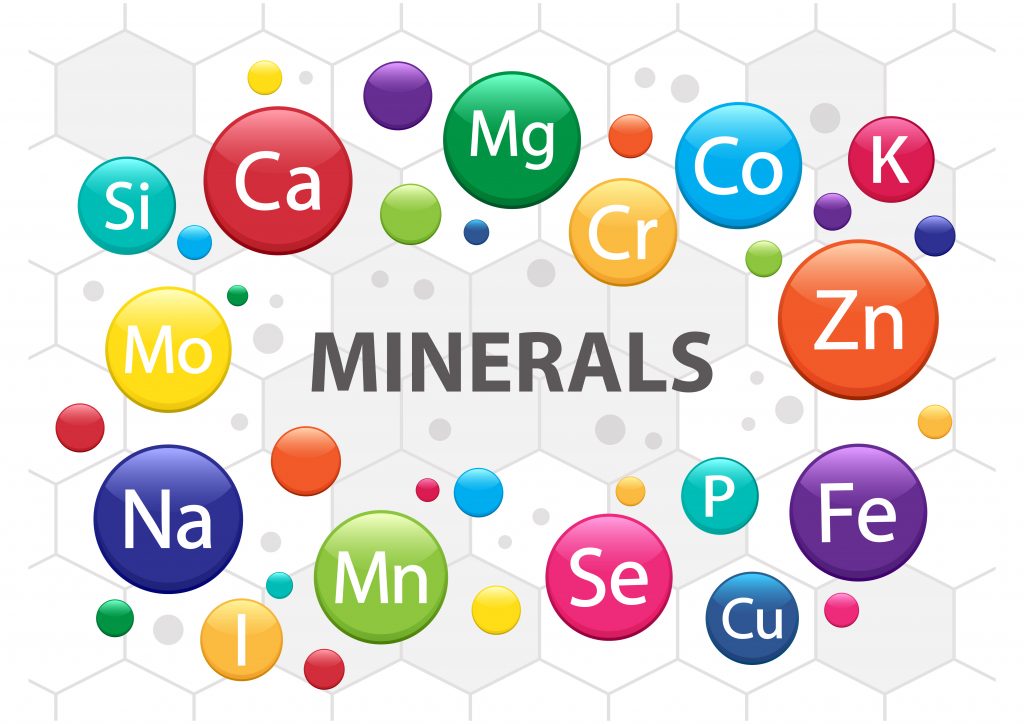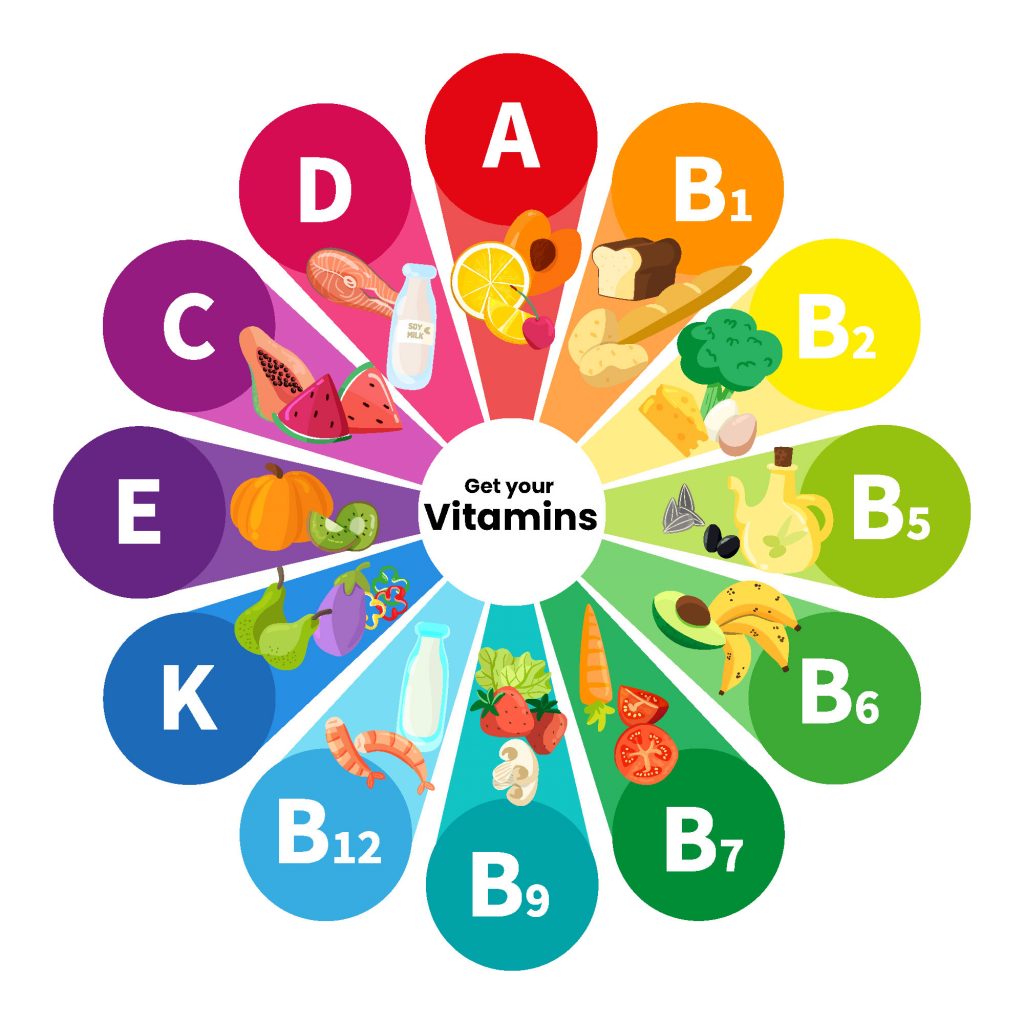5th floor, Lakshmi Sharada Arcade,
6th Main Road, No 251,
17th Cross Road,Sector 7,
HSR Layout,Bangalore,
Karnataka-560102

A balanced diet is the key to maintaining a healthy body weight and avoiding many unwanted health issues. Without proper nutrition, our bodies cannot function effectively and our overall health depends to a large extent on our diet. But in order to eat healthy, it is important to have a proper knowledge of nutrition and knowing which foods to include in our diet can solve many of our health issues.
The Significance of Vitamins and Minerals in our Diet:
Vitamins and minerals are indispensable nutrients crucial for maintaining optimal health. A Times of India survey revealed that 7 out of 10 Indians suffer from vitamin deficiencies, with 81.28% deficient in Vitamin D, 21.02% in Vitamin B12, and 15.06% in Vitamin B9 among over 14,96,683 analyzed patients. Globally, over 1 billion people are vitamin D deficient, reaching epidemic proportions.
Another survey indicated that 92% of Americans face vitamin deficiencies. Insufficient vitamin intake can lead to severe conditions like Scurvy, Night blindness, and Beriberi. Vitamin A deficiency alone causes nearly 670,000 annual deaths in children under 5. Shockingly, 2 billion people globally, constituting over 30% of the world population, suffer from anemia due to iron deficiency. Zinc deficiency causes 450,000 child deaths annually, while iodine deficiencies affect almost 2 billion people, leading to 18 million children born with mental disabilities.
Key Points Emphasizing the Importance of Vitamins and Minerals:
Ensuring an adequate intake of vitamins and minerals is crucial for preventing deficiencies and promoting overall well-being.

Suffering from vitamins and Minerals Deficiency? Here’s what you should include in your diet: In order to prevent the detrimental effects of vitamins and minerals deficiency, it is very important to know which foods to choose and which to avoid. As any certified nutritionist will tell you, some of the healthy foods which you must eat in order to never suffer from a shortage of vitamins of minerals in your body are as follows:
Ensure a vibrant and balanced diet by incorporating these nutrient-dense foods.
In conclusion, for those not prioritizing a balanced diet, it's crucial to recognize the potential health pitfalls linked to deficiencies in vitamins, minerals, and other essential nutrients. To proactively address this issue, consider incorporating the aforementioned foods, along with other nutritious options, into your diet. Coupled with adopting a healthy and active lifestyle, this approach can serve as a preventative measure against potential health issues. Keep in mind that making the right dietary choices today contributes to a healthier and more fulfilling tomorrow.